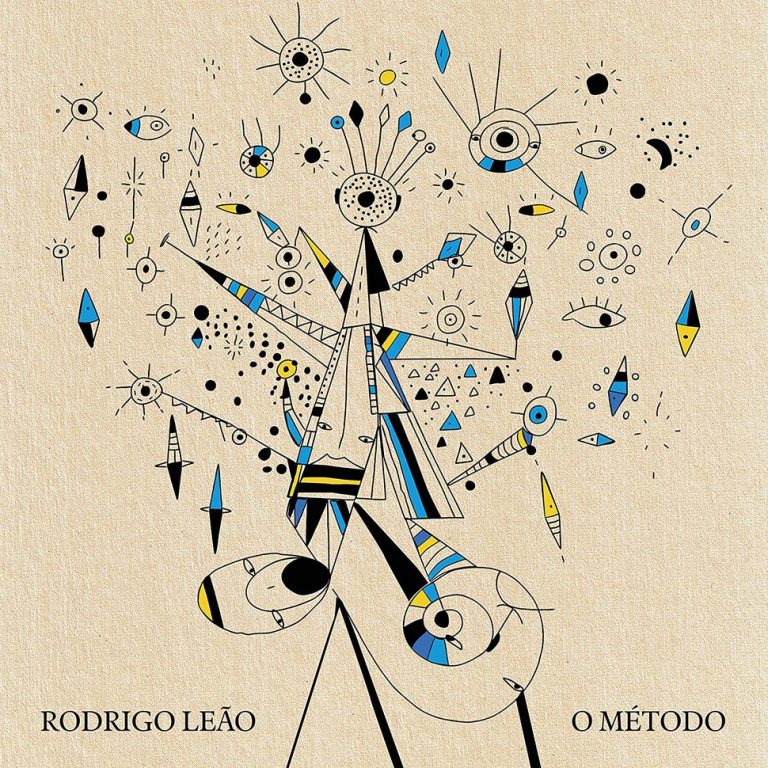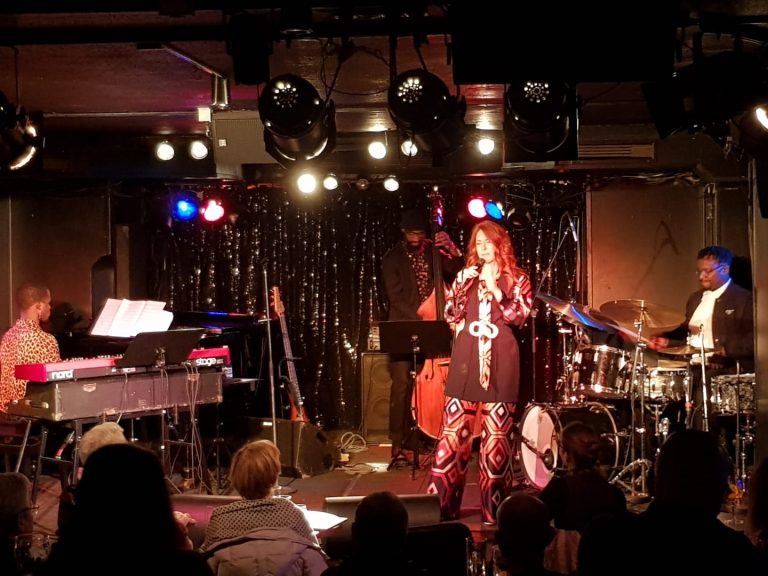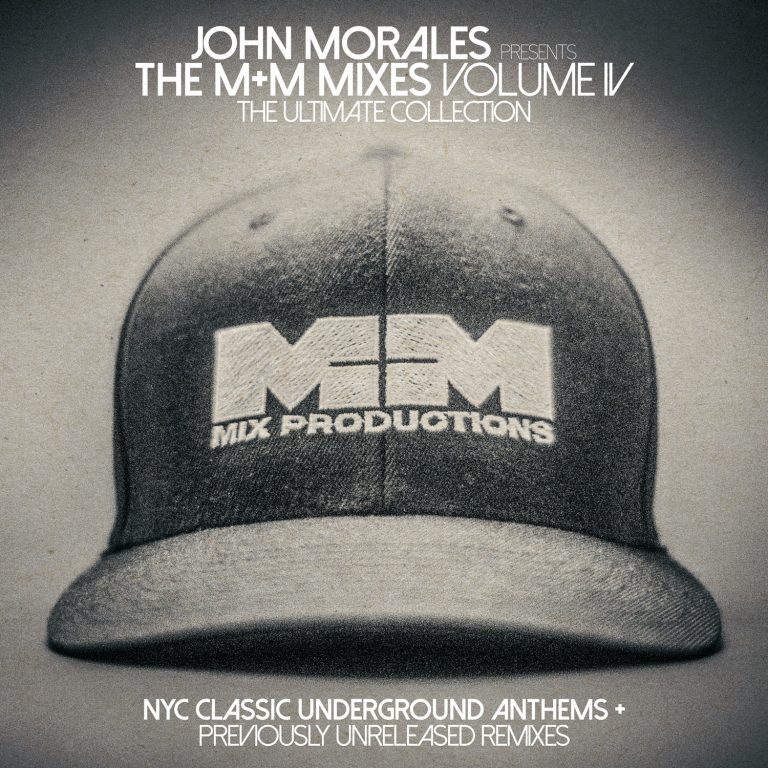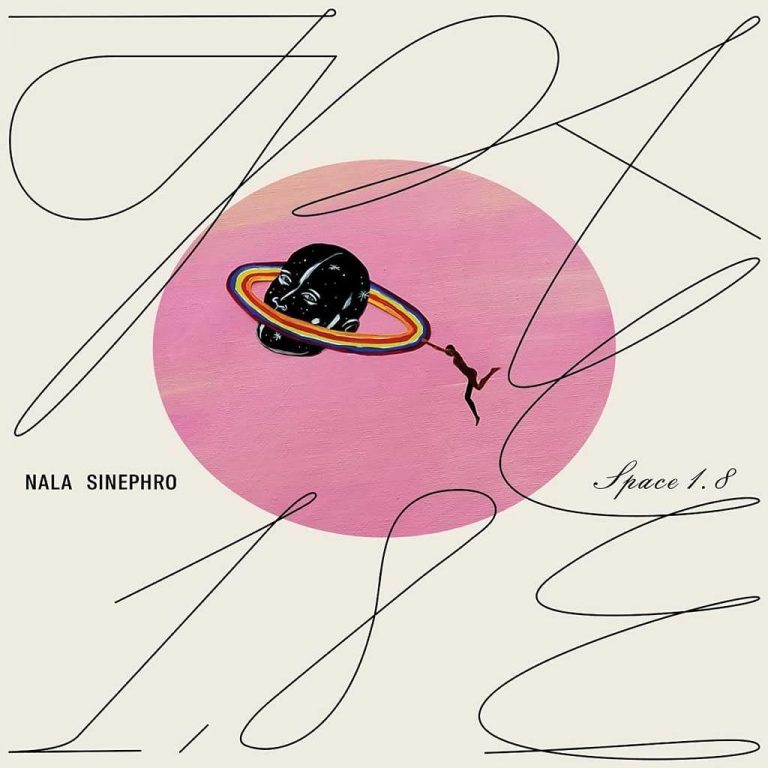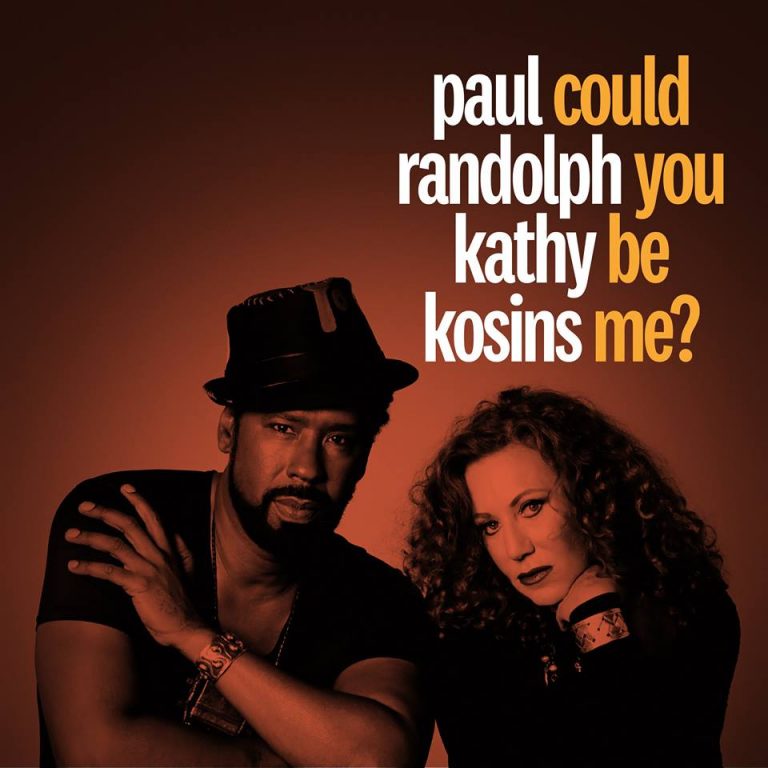Hamilton De Holanda Quinteto – Casa De Bituca/The Music Of Milton Nascimento
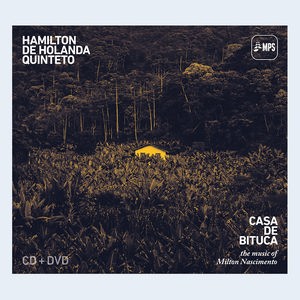 There are a lot of ways to celebrate the music of Milton Nascimento, the Brazilian singer, songwriter and guitarist who turns 75 this October. From his first solo album in 1967 to his famous and successful Clube da Esquina record in 1972 and its follow-up in 1978 up until his more recent works with all kinds of pop, jazz, and world music artists, this man has really made music history. It was a jazz artist however which broke Milton through to an international audience in 1974: with his album “Native Dancer”, Wayne Shorter recorded a milestone fusion album which heavily incorporated Brazilian music thanks to Milton Nascimento who wrote or co-wrote five tunes on the album, among them the unforgettable “Ponta De Areia”, which he recorded a year later for his album “Minas”.
There are a lot of ways to celebrate the music of Milton Nascimento, the Brazilian singer, songwriter and guitarist who turns 75 this October. From his first solo album in 1967 to his famous and successful Clube da Esquina record in 1972 and its follow-up in 1978 up until his more recent works with all kinds of pop, jazz, and world music artists, this man has really made music history. It was a jazz artist however which broke Milton through to an international audience in 1974: with his album “Native Dancer”, Wayne Shorter recorded a milestone fusion album which heavily incorporated Brazilian music thanks to Milton Nascimento who wrote or co-wrote five tunes on the album, among them the unforgettable “Ponta De Areia”, which he recorded a year later for his album “Minas”.
Now, 41 year old Hamilton De Holanda who plays the Bandolim or mandolin, celebrates the 10th anniversary of his Quinteto with the music of Milton Nascimento who also guests on two tracks here. On the opener, “Bicho Homem” (from “Sentinela”, 1980), the direction of Hamilton’s agenda is pretty clear: not only to celebrate one of Brazil’s and the world’s greatest artists, but also to fuse the traditional compositions with jazz-induced aspects like a fierce harmonica solo by Gabriel Grossi. Milton’s vocal is a bit too reticent here though. “Bola De Meia, Bola De Gude” (from 1996’s “Amigo”) shows Hamilton’s full variations on his instrument which is truly a revelation in terms of his virtuosity and skillfulness. The “Clube Da Esquina” track still sounds absolutely wonderful and really displays Milton’s rare ability to create full landscapes and dreamy little movies with his compositions.
The urgency of “Maria Tres Filhos” (from “Milton”, 1970) is still intact on Hamilton’s interpretation where his mandolin has some guitar-like moments and bassist André Vasconcellos shows off his brilliant musicianship. And on “Mar Da Indiferenca”, the leader can be heard on vocals together with a choir and babies – a sweet little interlude. Of course, “Ponta De Areia” is included (with vocals by guitarist Daniel Santiago) and its immense power and beauty is still there with this trimmed-down, almost mandolin and guitar-only version. Even though Milton is not really known as writing a lot of saudade-inspired songs, when he did it was usually to its fullest, like on the heartbreakingly smooth “Saudades Dos Avioes Da Paniar” (1975, “Minas”) which turns into a little uproar towards the end.
There is also a fantastic solo moment on “Cancao Da América” (from “Journey To Dawn”, 1979) and I wish there would be more interplay with the harmonica like on “Vera Cruz” (from “Courage”, 1969). Singer Alcione graces the majestic and bittersweet “Travessia” (from 1967) and we can hear Milton himself again on the album closer “Guerra E Paz”, written by Hamilton, a somewhat somber but not hopeless paean for peace.
Hamilton celebrates the release of his record in Berlin on Monday and Tuesday, July 10th and 11th, with Guto Wirti on bass and Thiago da Serrinha on percussion with special guest Rolf Kühn on Tuesday.



